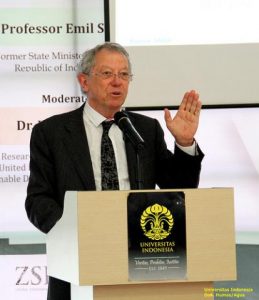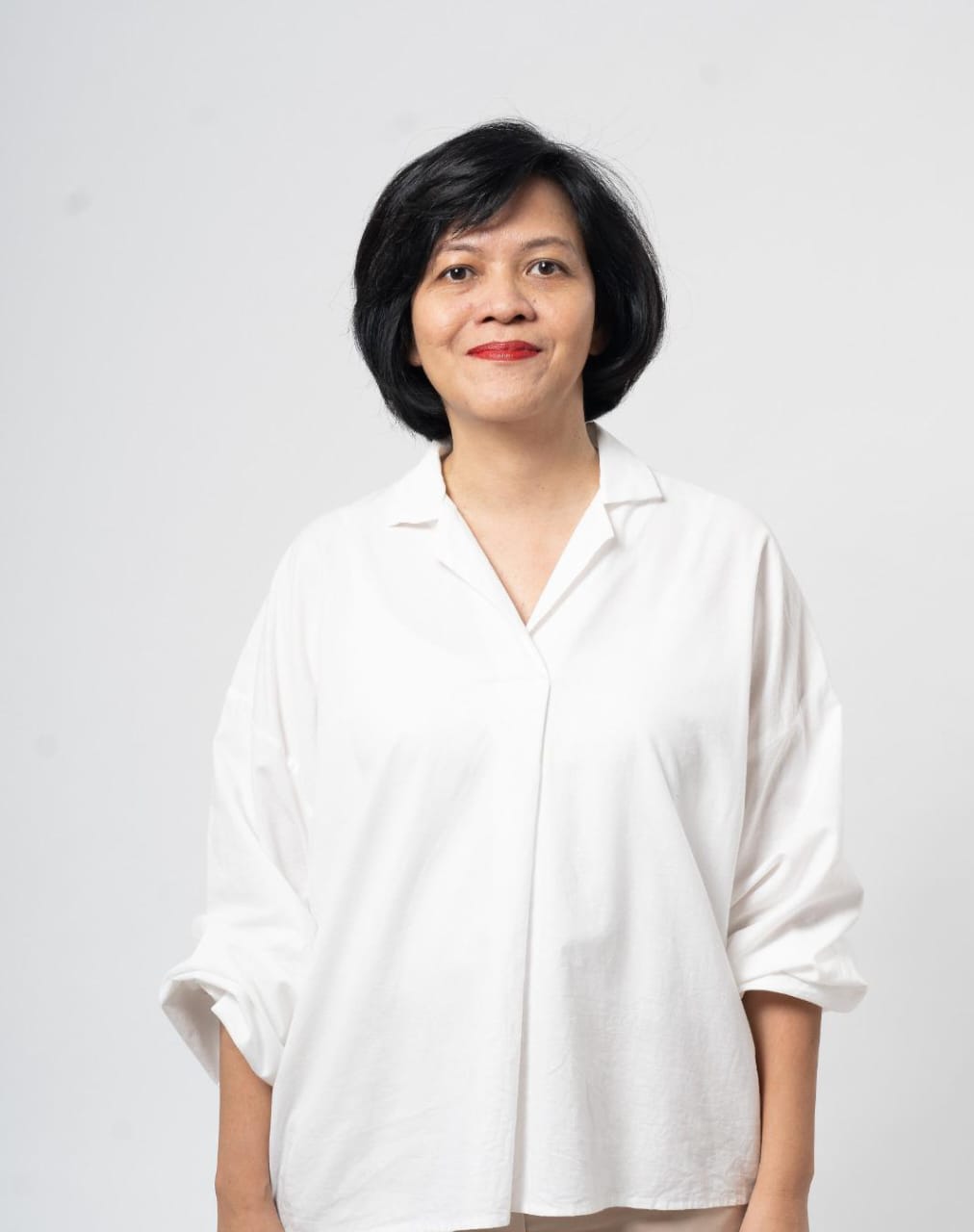 On Monday, April 20th 2015 Research Center for Climate Change of Universitas Indonesia (RCCC UI) held a national seminar and workshop about Indonesia commitment on climate change issue. The speakers of this seminar was Sir David King (The Foreign Secretary of UK’s Special Representative for Climate Change), Dr. Endah Murniningtyas (Deputy Minister of Natural Resources and Environtment), Dr. Amanda Katili Niode (Communication Coordinator of Information and Education Division), and Representative of Indonesian Ministry of National Development Planning (Bappenas).
On Monday, April 20th 2015 Research Center for Climate Change of Universitas Indonesia (RCCC UI) held a national seminar and workshop about Indonesia commitment on climate change issue. The speakers of this seminar was Sir David King (The Foreign Secretary of UK’s Special Representative for Climate Change), Dr. Endah Murniningtyas (Deputy Minister of Natural Resources and Environtment), Dr. Amanda Katili Niode (Communication Coordinator of Information and Education Division), and Representative of Indonesian Ministry of National Development Planning (Bappenas).
Speakers of the seminar talked about economical issues and climate change that has been faced by Indonesia, especially Indonesia commitment to reduce carbon emissions by energy diversification. This seminar was held at Aula Terapung of UI Library, Depok.
As key speaker of the seminar, King said that the key of climate change improvement was on city development field. An environmentally insightful of city development will automatically bring the improvement of life and environment quality because the city would become the role model of the development of the other city.
In King’s opinion, Densely populated countries in Asia, especially Indonesia, has faced climate change. Moreover, densely populated cities in Indonesia such as Jakarta, has a very high air pollution level that caused environment deterioration.
Indonesia commitment to reduce carbon emissions was shown by the launching of Indonesia Calculator 2025 which was cooperation of Indonesia and UK. The program that can be accessed online on https://calculator2050.esdm.go.id was made to monitor climate change, carbon emissions level, and power demand of an area. This program was made to help Indonesia Government on development planning that is environmental friendly.
Indonesia who has great potential ready to work on energy diversification. “For example, geothermal, water and nuclear energy where Indonesia has great potency with great capacity thanks to our natural resources,” said the Representative of Bappenas.
Diversification energy policy become an unavoidable things if Indonesia wants to become one of the world’s economy player. However, diversification energy policy that is applied should fulfill three main principles of public needs, which are clean, low-cost and simple.



